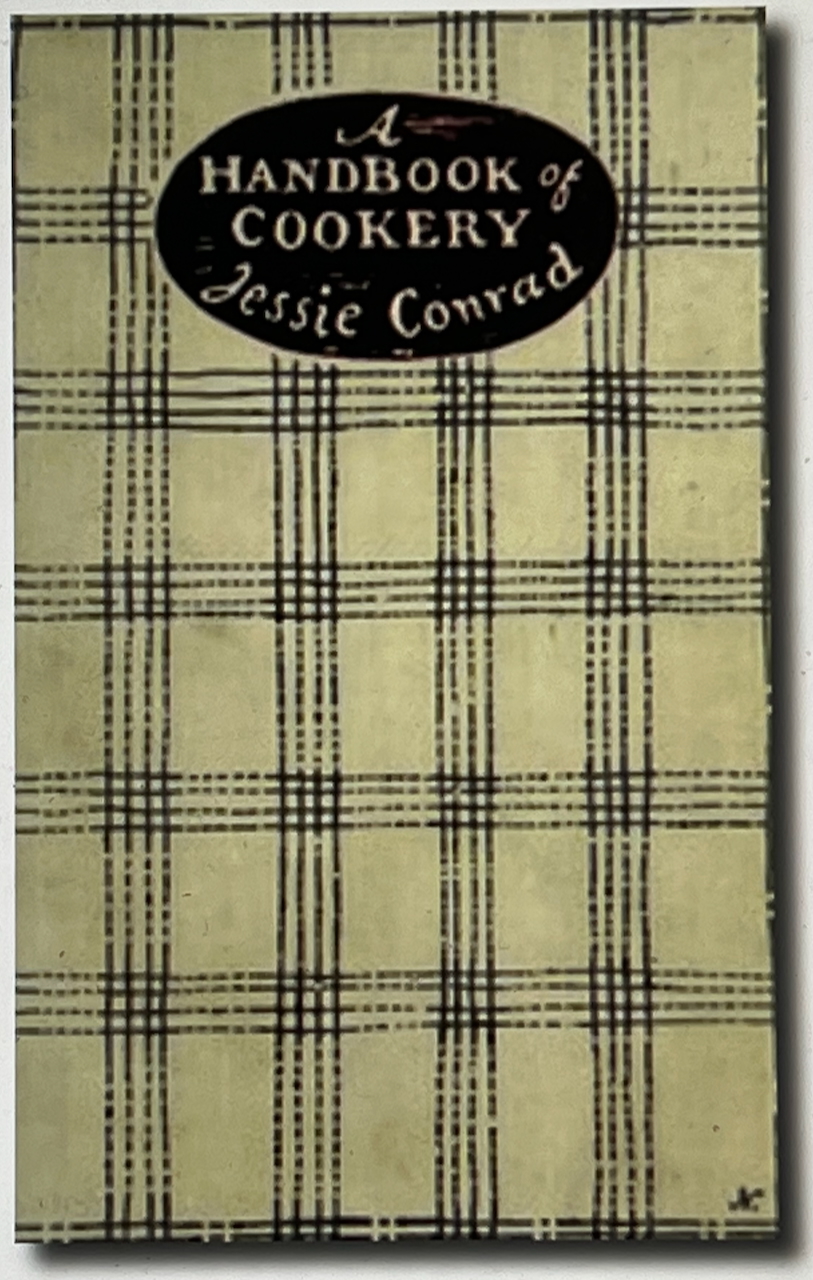Pressing Memories
February 2, 2019
Ever stop to memorize something you are experiencing, and it seems as if you can actually feel it grooving into the hippocampus, like cutting a record? Maybe you press harder on the details—especially if you do not have a camera, voice recorder, or even a pen—and go over them repeatedly in your mind until satisfied they are captured truly and forever.
Neuroscientists say “episodic memory”—what we think of as revisiting our experiences—involves three steps: “encoding, consolidation/storage and retrieval.” These require we pay attention to an event, make connections between new information and what we already know, relate the event to our personal lives and emotions, and “access” it repeatedly. The retrieval of a memory depends in part on how well we built in context and cues for recall, when we encoded and stored it.
But how reliable are conscious attempts to get things right?
Northwestern University found a few years ago that recalling memories is more like the telephone game: “Every time you remember an event from the past, your brain networks change in ways that can alter the later recall of the event. Thus, the next time you remember it, you might recall not the original event but what you remembered the previous time.”
One of the pieces I wrote (as Oronte Churm) for McSweeney’s, a dozen years ago, was about how mementos help us remember experiences. I described how a friend and his wife were on vacation in China. My friend wanted to buy a poncho made of bark, from a vendor whose grandfather had worn it while farming.
“You are not buying that,” his wife said.
Now it meant something, you see.
“I think I will buy it,” he said.
“If you try to buy that hideous thing I’ll go back to the boat alone,” she said.
“See you back at the boat,” he said cheerfully. […]
His wife refused to sleep with it in their cabin, so he wrapped it lovingly in a garbage bag, stowed it in a locker in the steward’s galley, and checked on it in the night. He got trench foot on his hands from carrying the sweaty plastic through airports, and endured vigorous probings by security because he couldn’t explain what he was clutching.
On the airplane, he put it in the overhead; his wife moaned that its proximity was going to make her vomit, until he began to feel queasy, too.
In the end he had his Chinese hotel ship it home at great expense. By the time I went over to their house to look at photos and hear stories from the trip, his wife thought the bark poncho was very interesting and might be worth money as an art object. He did not say a word.
He and I were talking last week about truth, memories, and portrayal in writing. We got on to that old essay. He asked why I said in it that his (now ex-) wife was wearing a dress with a Mandarin collar, and chopsticks in her hair, the night they had me over for dinner. I said because she was. He said she was not. But I remembered it. She was. It took 10 minutes of his explaining why I could not possibly be right to impress on me I was wrong.
I re-read the piece today, but the Chinese dress and chopsticks were not in it. I was starting to feel a little daffy. Then I remembered the essay was revised for my collection. Checking there, I see the dress and chopsticks.
What I think happened—and I worked hard at the time to fix all this in my memory but it is mostly gone—is that my friend and I joked, in one of many late-night calls, about the comic recounting of the original event. We made up even goofier details, and I remembered them as fact, or wrote them into the book as an inside joke … or something something. Somewhere in my remembrance of remembering memories, the record skipped, and I never noticed.







